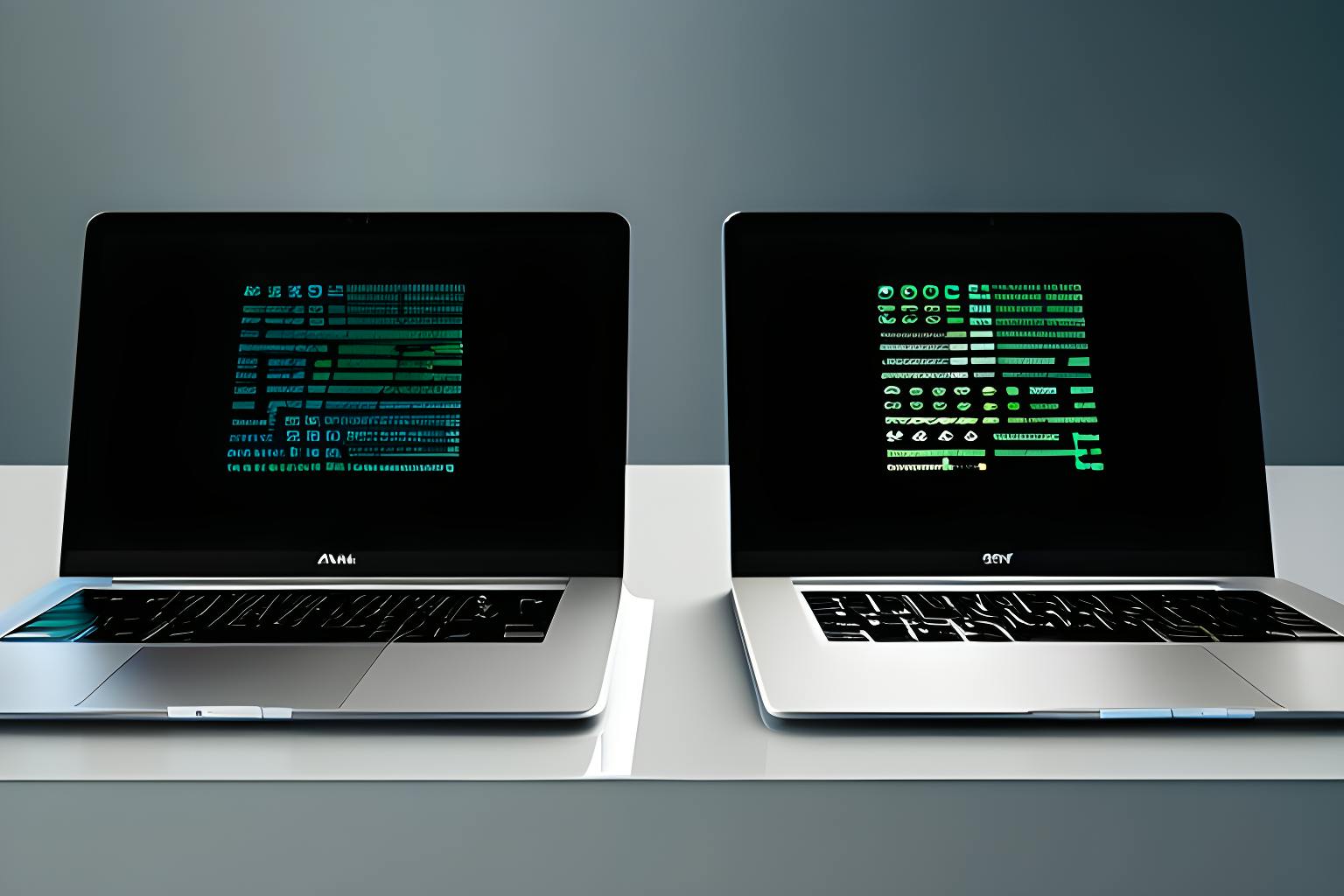118 reads
DOE vs. Github: Plaintiffs Claim Copilot Reproduces their Code without Attribution
by
September 3rd, 2023
Audio Presented by

Legal PDFs of important tech court cases are far too inaccessible for the average reader... until now.
About Author
Legal PDFs of important tech court cases are far too inaccessible for the average reader... until now.
